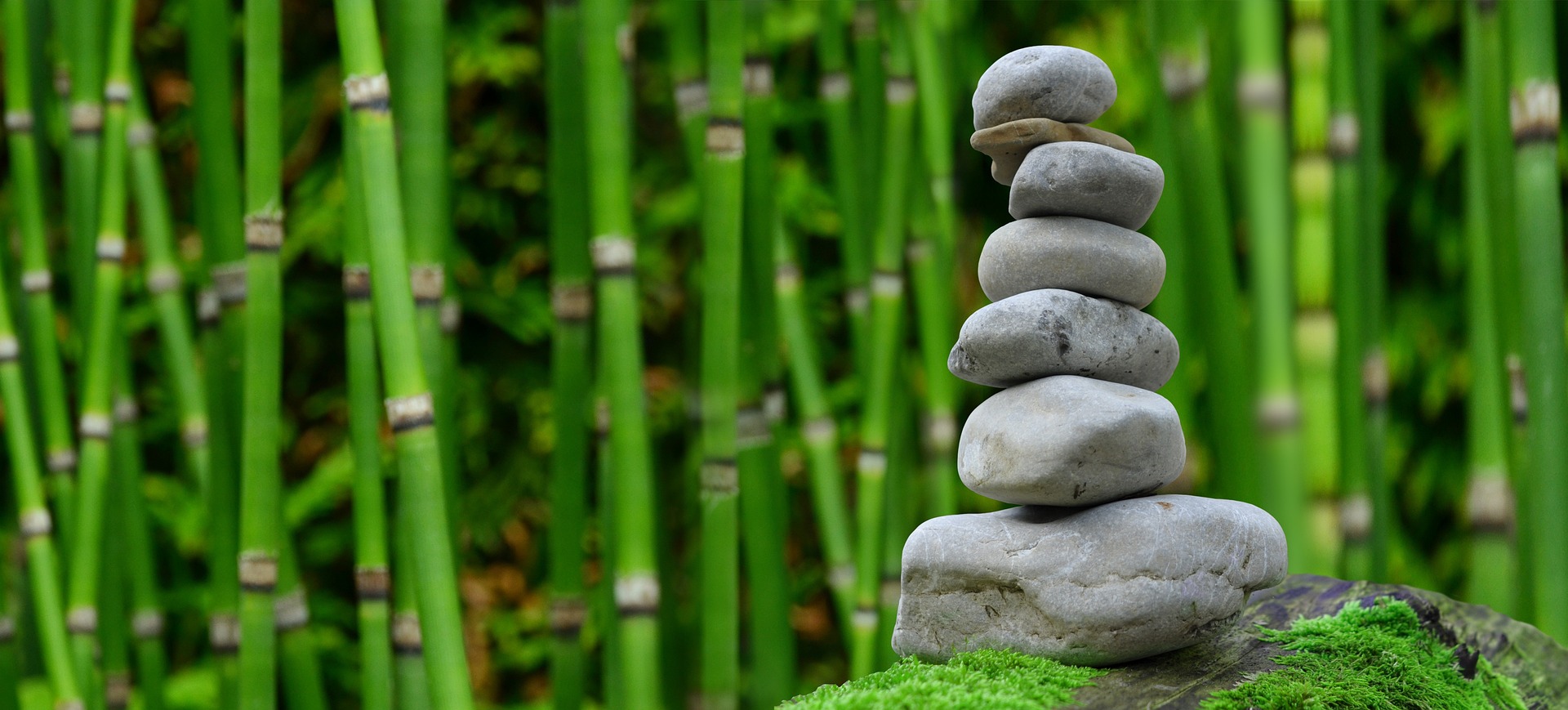Compared to the pumping intensity of spin or Zumba, a tai chi class looks like it’s being performed in slow motion. Watching the gentle, graceful movements of this ancient Chinese practice, it’s hard to imagine that tai chi can burn off a single calorie or strengthen muscles. But this exercise program is far more dynamic than it looks.
“The slowness that you see from the outside can be deceptive,” says Dr. Peter Wayne, research director of the Osher Center for Integrative Medicine at Brigham and Women’s Hospital and Harvard Medical School. As an aerobic workout, tai chi is roughly the equivalent of a brisk walk (depending on the intensity at which you perform it). And as a resistance training routine, some studies have found it similar to more vigorous forms of weight training, says Dr. Wayne, who is also founder and director of the Tree of Life Tai Chi Center in Somerville, Massachusetts and co-author of The Harvard Medical School Guide to Tai Chi.
Tai chi and balance
With its integrative approach that strengthens the body while focusing the mind, tai chi addresses a range of physical and mental health issues—including bone strength, joint stability, cardiovascular health, immunity, and emotional well-being. Tai chi is especially useful for improving balance and preventing falls—a major concern for older adults.
Studies have shown tai chi to reduce falls in seniors by up to 45%, Dr. Wayne says. It can also improve balance in people with neurological problems. A recent study in The New England Journal of Medicine found the program particularly effective for balance in people with Parkinson’s disease.
Tai chi helps improve balance because it targets all the physical components needed to stay upright—leg strength, flexibility, range of motion, and reflexes—all of which tend to decline with age.
Interestingly, one of tai chi’s biggest benefits to stability isn’t physical—but emotional.
“Anyone who’s had a fall or who has instability has what we call a ‘fear of falling,’” says Dr. Wayne. “Ironically, a fear of falling is one of the biggest predictors of a fall.” By making you firmer on your feet, tai chi takes away that fear, he says. Tai chi also makes you more aware of both your internal body and the external world, giving you a better sense of your position in space, so you won’t be as likely to trip and fall if you try to simultaneously talk to a friend and navigate a busy sidewalk.


0 Comments